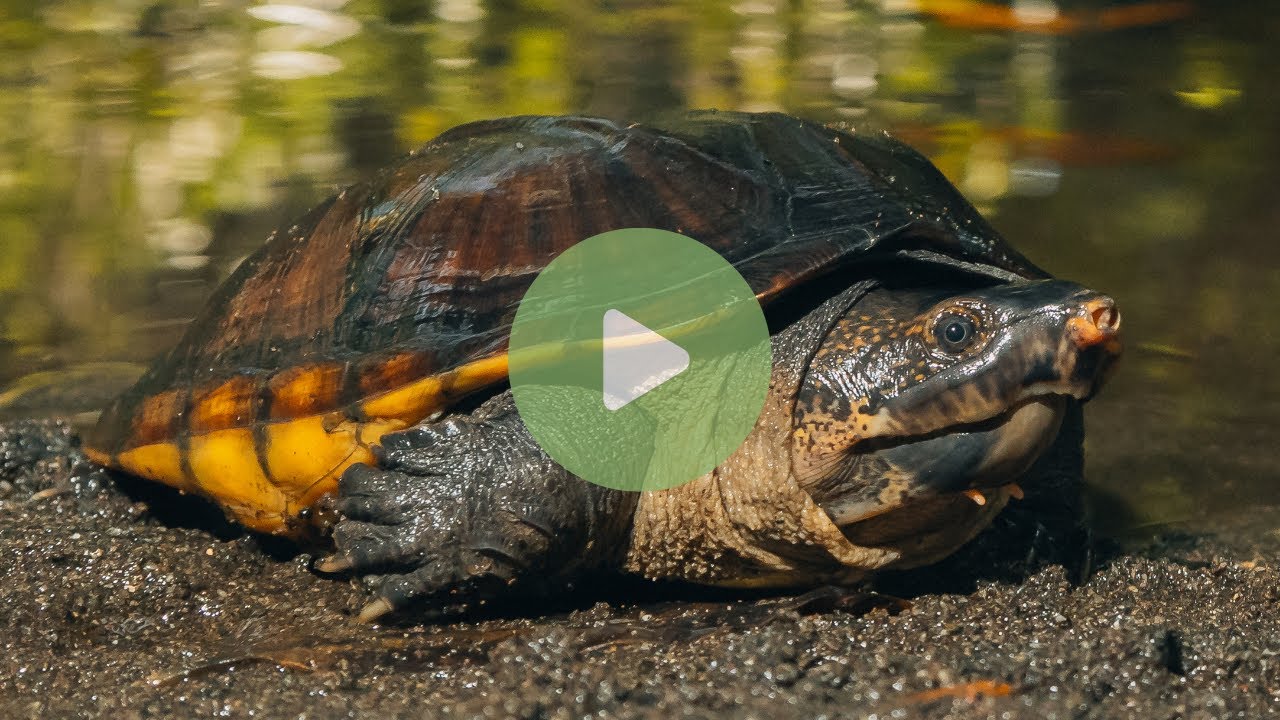- Overview of the "Once Upon A Turtle in Mexico" webinar, focusing on its goals and educational significance.
- Insights into the biology and ecology of sea turtles in Mexico, highlighting their important role in marine ecosystems.
- Analysis of conservation efforts in Mexico aimed at protecting sea turtle populations and habitats.
- Discussion on the impact of human activities on sea turtles and the strategies for mitigation.
- Exploration of the role of zoos and aquariums in supporting wildlife conservation and public education.
The "Once Upon A Turtle in Mexico" webinar offers an enriching opportunity to explore the fascinating world of sea turtles and the concerted efforts to safeguard their future. The webinar’s primary goal is to educate and inspire stakeholders and the public, shedding light on the biology, ecology, and conservation of these vital marine creatures. Sea turtles have long captured the interest of both scientists and environmentalists due to their unique adaptations and critical role in marine ecosystems. We delve into their integral part in oceanic health, their complex life cycles, migrations, and the pressing need for their protection.
The biology and ecology of sea turtles are as intricate as they are captivating. Mexico serves as a critical habitat for several sea turtle species, including the green turtle, leatherback, and loggerhead. These ancient mariners, which have existed for millions of years, depend on both marine and terrestrial environments. They play a pivotal role in ocean ecosystems, including maintaining healthy seagrass beds and coral reefs. Through this webinar, participants gain deeper insights into the diverse lifestyles and survival strategies of sea turtles, enhancing appreciation and understanding of their behavior and physiology.
Conservation efforts in Mexico are paramount in addressing the challenges posed by threats such as habitat loss, poaching, and climate change. Organizations and institutions actively engage in protecting nesting sites, rescuing injured turtles, and community education programs aimed at fostering stewardship. Mexico’s conservation initiatives focus on safeguarding critical nesting beaches and marine habitats. Collaborative efforts between government bodies, NGOs, and local communities are integral to these strategies, highlighting successful case studies and ongoing challenges.
Human activities pose significant threats to sea turtles, impacting them through direct and indirect means. Fishing bycatch, coastal development, pollution, and climate change contribute to declining turtle populations. Addressing these threats requires comprehensive strategies, including regulatory measures, technological innovations, and increased public awareness. Mitigation approaches discussed in the webinar span legal frameworks, habitat restoration, and sustainable practices. Encouraging community involvement and international cooperation are key to ensuring long-term success.
Zoos and aquariums have an essential role in wildlife conservation and public education. These institutions bridge the gap between research and the public, enhancing awareness and understanding of conservation issues. By participating in breeding programs, rehabilitation of injured turtles, and educational outreach, these establishments help support global conservation efforts. The webinar underscores how institutions worldwide contribute to protecting sea turtles through research, captive breeding, and public engagement initiatives.
The "Once Upon A Turtle in Mexico" webinar fulfills a significant need for educational outreach on sea turtle conservation. By encouraging active participation and fostering a deeper understanding, it aims to inspire action and dedication to preserving our oceans and their inhabitants. As stewards of the environment, it is our collective responsibility to engage with ongoing conservation challenges and drive efforts that ensure the survival of these remarkable marine species for future generations.
*****
Source Description
The tropical forests of eastern Chiapas, Mexico, are home to a rich array of wildlife, but they are also under threat. While long-established local communities deeply value and protect this rare ecosystem, others—particularly transplanted settlers—unknowingly contribute to its destruction through hunting, fishing, and deforestation. Central American River Turtles that once thrived in rivers, oxbow lakes, and flooded forests of this southernmost Mexican state are disappearing–but there is hope. We support Eduardo Reyes Grajales of El Colegio de la Frontera Sur to conduct critical research to support this species, and others, in Chiapas. Watch the recording of this webinar in which we discuss this conservation work with Eduardo, with a Q&A session at the end.
Hosted by Jordan Gray, External Relations Manager
Featuring Eduardo Reyes Grajales, El Colegio de la Frontera Sur
Follow us on Instagram
https://www.instagram.com/turtlesurvival
Follow us on Facebook
https://www.facebook.com/TurtleSurvival/
Donate to Turtle Survival Alliance
Subscribe to Turtle Survival Alliance for Turtle News (scroll to the bottom to subscribe)

